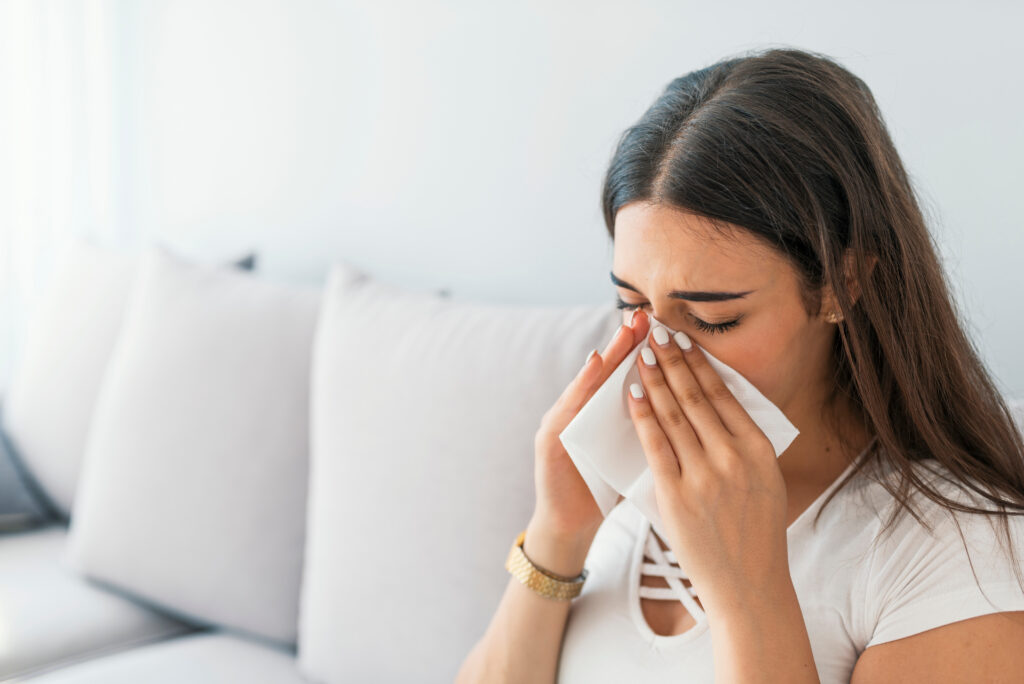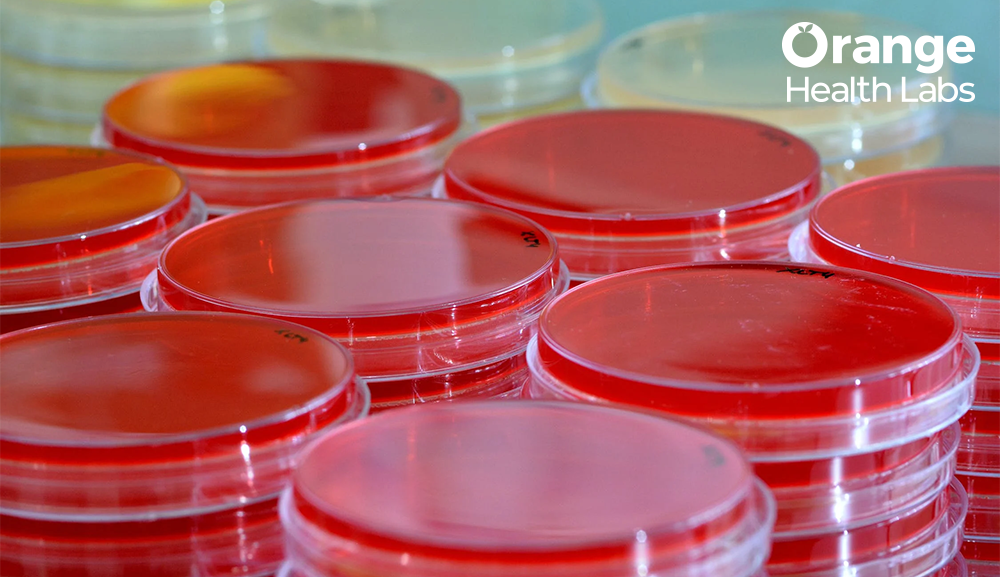Search for tests or checkups
Support9 Best Ways to Reduce Hair Fall in Men & Women 

Any healthy human tends to lose an average of 100 strands of hair in a day. Many factors cause hair loss like stress, inadequate nutrition, hereditary reasons, and pregnancy. Hair loss during pregnancy is not a cause of worry because it grows back with time.
However, if the hair loss is sudden with no apparent reason or logic, there could be an underlying health issue such as thyroid imbalance, diabetes, or anemia. This may need immediate medical intervention.
Consult your doctor who can recommend tests to determine the underlying cause for your hair loss.
9 ways to manage hair loss
Below is a list of changes you can make in your lifestyle and diet to prevent hair fall:
Lifestyle changes
1. Quit smoking
Studies show a significant link between hair loss and smoking. Consuming tobacco is known to cause an increase in the body’s free radicals (molecules that cause harm to the DNA), which causes oxidative stress leading to hair’s growth impairment.
Smoking also causes pre-mature graying of hair and makes your hair brittle.
2. Avoid daily shampoo and exposure to heat
Contrary to popular opinion, a daily shampoo routine can cause impaired hair growth due to harsh chemicals present in the shampoo like sulfates, which don’t just remove dirt from the hair but also strips away sebum, an oil necessary for strong and healthy hair.
3. De-stress
Every adult scalp has roughly 100,000 hair follicles. Each of these follicles moves through 4 stages: anagen or growth stage, catagen stage or transition phase, telogen or resting phase, and exogen or shedding phase. As the hair moves into the exogen phase, it sheds.
Usually, the hair moves through each stage of this cycle and then, at the end, sheds away. When the hair is healthy, this cycle continues as the new hair grows in the follicles after old hair falls out. However, under stress, the hair follicles are pushed into a “resting” phase, leading to no new hair strand production. This hair loss caused due to stress is also called Telogen Effluvium.
Keeping a check on stress levels will help prevent this hair loss.
It’s important to note that hair loss due to Telogen Effluvium can also be caused by medications, severe illness, and giving birth.
Taking supplements
1. Vitamin D
Vitamin D and hair loss are closely associated. Keratinocytes, a type of skin cell that processes keratin, a protein in hair, metabolizes Vitamin D in the skin. Due to lack of vitamin D, keratinocytes in hair follicles aren’t able to regulate hair growth and shedding leading to hair loss. In addition, alopecia areata, an autoimmune disease that causes hair follicles to fall out, is associated with vitamin D deficiency.
It’s interesting to note that both deficiency and excess of Vitamin D can cause hair loss.
2. Biotin
Biotin is a water-soluble vitamin that is essential for the development of hair and nails. Also called vitamin B7, it’s vital for fatty acid synthesis in the body. This process is crucial to the hair life cycle. Biotin deficiency can cause hair loss.
A daily biotin intake of 3-5 mg can help, but it’s advised to speak with your doctor before starting the supplements.
3. Vitamin C
Vitamin C helps prevent hair loss by keeping free radicals in check. Another thing that adequate vitamin C helps with is that it helps ensure that our body is producing enough collagen, which is an essential part of our hair structure.
Diet Modifications
Diet plays an essential role in your hair health. A good diet is essential to maintain a healthy gut, which helps prevent hair loss.
1. Avoid sugar-based foods
High sugar intake isn’t good for our bodies. It is very detrimental to hair health too. It spikes your blood sugar levels significantly, which causes damage to hair follicles and potentially accelerates hair loss. It also results in inflammation of the scalp leading to loss of quality and quantity of hair.
2. Consume a protein-rich diet
We can’t emphasize enough how important protein is for preventing hair loss. Hair protein, also called keratin, is a fibrous protein that forms the entire structure of the hair.
Keratin is responsible for building hair follicles by providing them with sufficient nutrients to help them grow, stay glued to your scalp, and not fall out. When there is a shortage of protein in the body, the body immediately starts to bulk up protein for vital organs. Since hair is not a “vital organ”, it ends up being the first to go, leading to hair loss.
Making sure that you include protein in your daily diet helps ensure better hair health.
3. Increase Zinc and Iron intake
Iron boosts circulation and carries oxygen to the hair's roots helping the hair to grow faster and longer. An iron deficiency can lead to hair loss.
Similarly, zinc is essential for the hair tissue’s repair and growth. It keeps the oil glands around the hair functioning properly. Generally, a zinc deficiency manifests as dry hair, slow-growing hair, or dandruff.
Research has suggested that increasing actual zinc intake instead of supplements is known to help with hair growth. Some foods rich in zinc are baked beans, cashews, chickpeas, oysters.
Summary
Contrary to popular belief, hair loss isn't just caused by the quality of water in your city. Certain deficiencies and conditions cause hair loss. However, early detection and treatment can help stop or slow hair loss. It may also help regrow hair. With Orange Health's Hair Care Package, get tested for factors contributing to hair loss and say goodbye to all your worries related to it!

All About Respiratory Allergy

Common Misconceptions About Full Body Checkups
